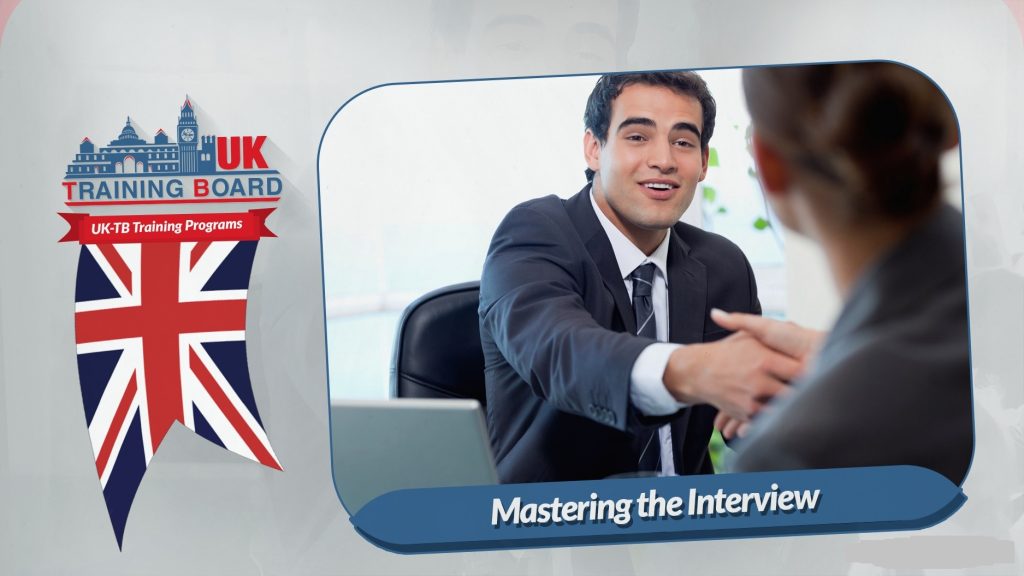Job interviews are the gateway to professional opportunities, where candidates showcase their skills, experience, and suitability for a role. One critical aspect of interview preparation is mastering responses to common questions. In this comprehensive guide, we’ll explore key interview questions and provide insights on crafting effective answers to leave a lasting impression on your potential employers.
Tell me about yourself:
This seemingly simple question often catches candidates off guard. The key here is to strike a balance between personal and professional information. Start with a concise overview of your professional background, highlighting key achievements and experiences relevant to the role. Briefly touch on your educational background and conclude with a mention of your interests or hobbies, demonstrating a well-rounded personality.
Example: “I am an accomplished Sales and Customer Care professional with over a decade of experience in strategic talent acquisition. My expertise lies in impactful recruitment for Sales roles, specialising in dot net technology, Java, Finance, Banking, and Non-IT Sales. I hold an ATS-friendly MBA in Human Resource from Bharti Vidyapeeth Deemed University, Pune, and I’m certified in Tech Recruiting Foundations on LinkedIn. Outside of work, I enjoy [mention a hobby or interest], which reflects my [mention a relevant trait, e.g., teamwork, discipline].”
What are your strengths and weaknesses?
When discussing strengths, focus on skills directly relevant to the job. Use specific examples to demonstrate how these strengths have positively impacted your previous roles. For weaknesses, choose a genuine area of improvement, but frame it positively by discussing the steps you’ve taken to overcome or manage it.
Example: “My key strength lies in my ability to manage client accounts and execute strategic bulk hiring effectively. In my previous role at [Company], this skill resulted in lasting partnerships and successful recruitment campaigns. On the flip side, I’m continually working on enhancing my [mention a skill] to ensure I stay ahead in the ever-evolving recruitment landscape. I’ve attended workshops and training sessions to refine this skill and ensure continuous improvement.”
Why do you want to work for this company?
Employers ask this question to gauge your interest and understanding of their organisation. Research the company thoroughly, emphasising specific aspects that align with your values and career goals. Mention any recent achievements or initiatives that have impressed you.
Example: “I am drawn to [Company] because of its commitment to [mention a specific value or initiative, e.g., innovation, community engagement]. Your recent [mention a recent achievement or project] resonated with me, showcasing the company’s dedication to [mention a relevant aspect, e.g., excellence, customer satisfaction]. I am eager to contribute my skills and experience to a company that aligns with my professional values and offers an exciting platform for career growth.”
Describe a challenging situation and how you handled it:
This behavioural question assesses your problem-solving and interpersonal skills. Use the STAR (Situation, Task, Action, Result) method to structure your response. Start by describing the situation, the task at hand, the actions you took, and the positive results or outcomes.
Example: “In a previous role, we faced a significant challenge in meeting the tight deadlines for a bulk hiring project. The client needed positions filled urgently, and our team was under immense pressure. I took charge by implementing a streamlined recruitment process, reallocating tasks based on team members’ strengths, and maintaining constant communication with the client. The result was not only meeting the deadlines but also receiving positive feedback from the client for our efficiency and professionalism.”
Mastering common interview questions is a crucial step toward securing the job you desire. By preparing thoughtful and strategic responses, you can confidently navigate through these enquiries, leaving a lasting impression on your potential employers. Remember, practise makes perfect, so rehearse your responses and refine them based on feedback. With the right approach, you’ll be well-prepared to tackle any interview with confidence and professionalism.
Also Read: Why Practicing Communication Matters for Tech Professionals



